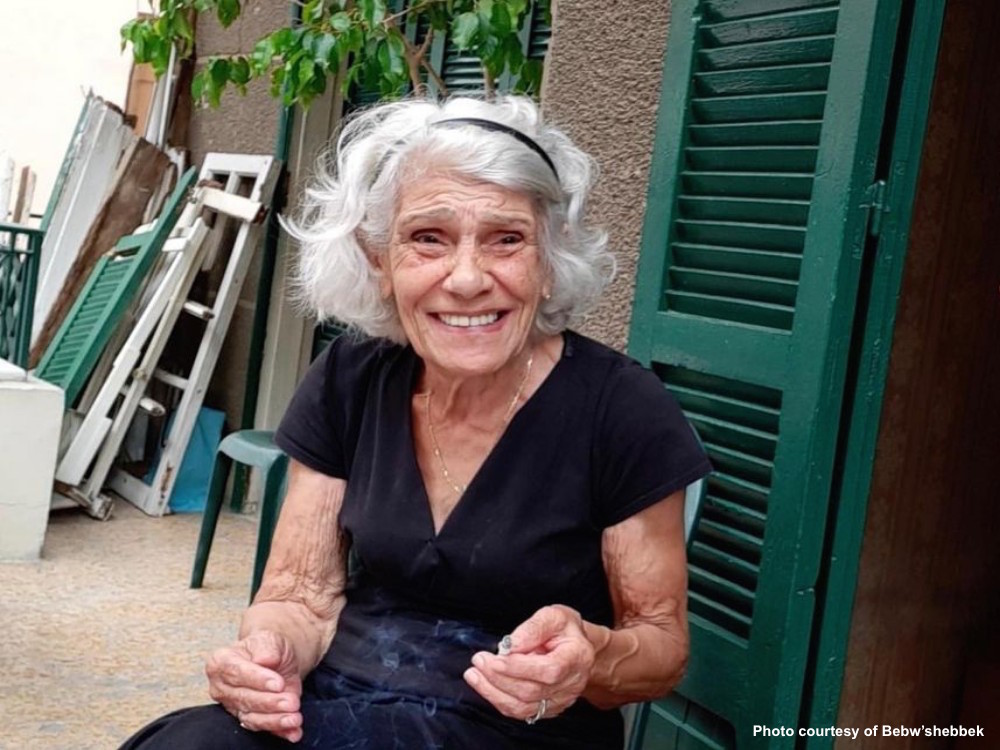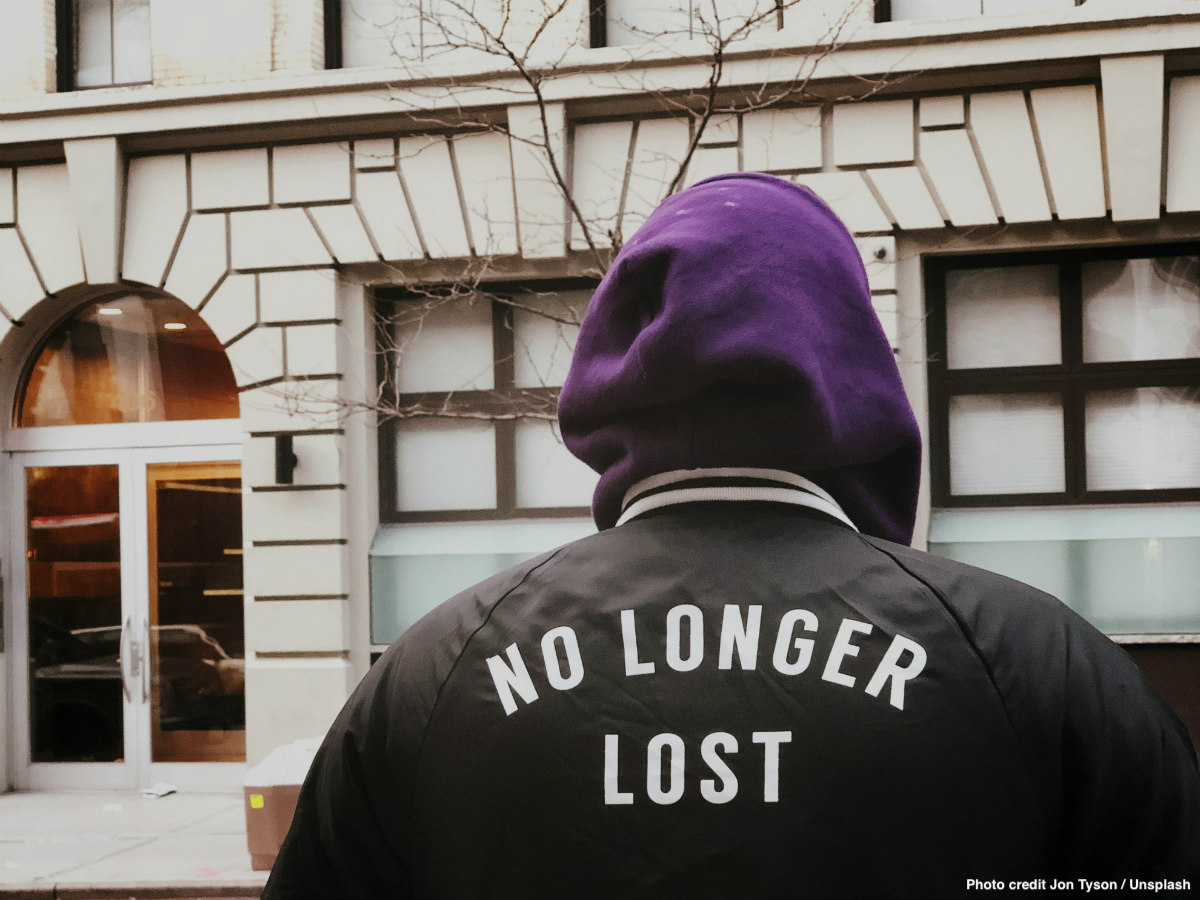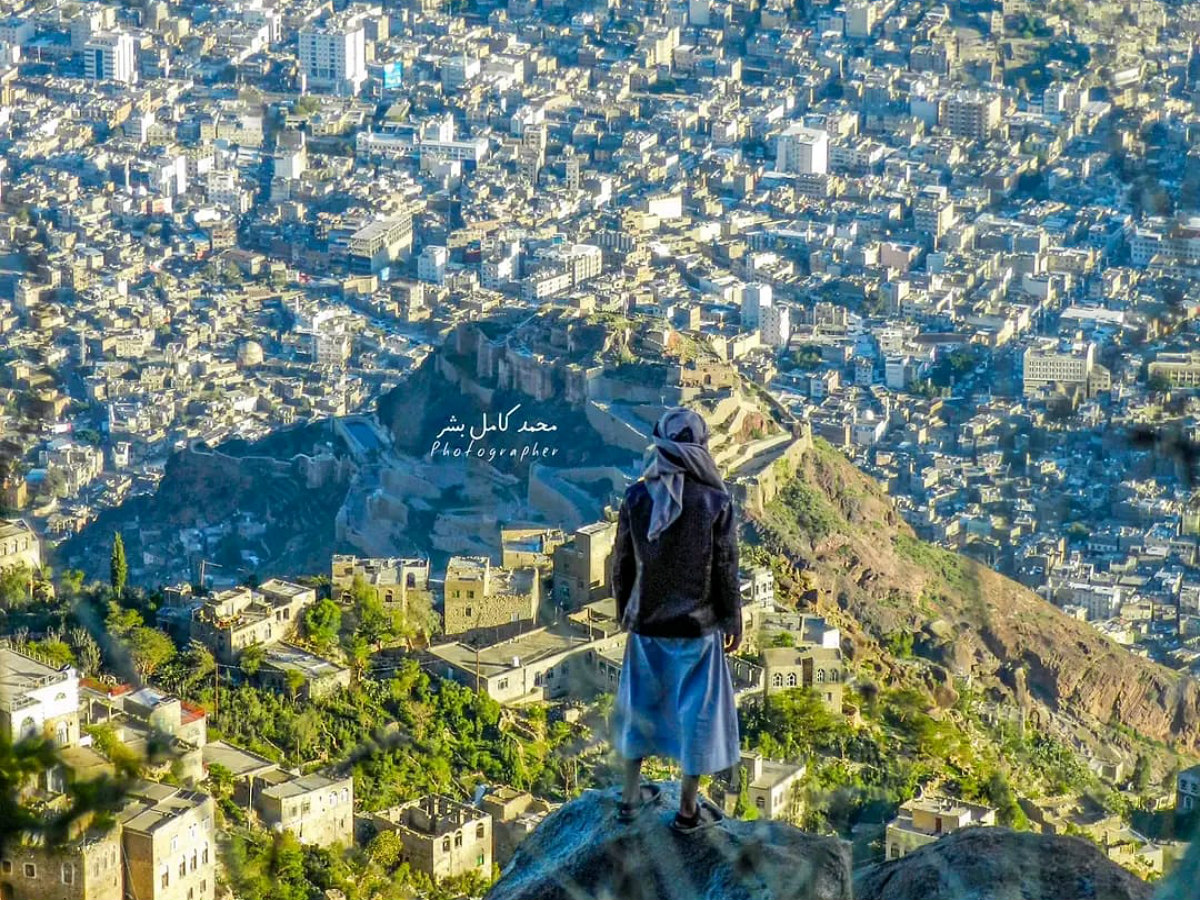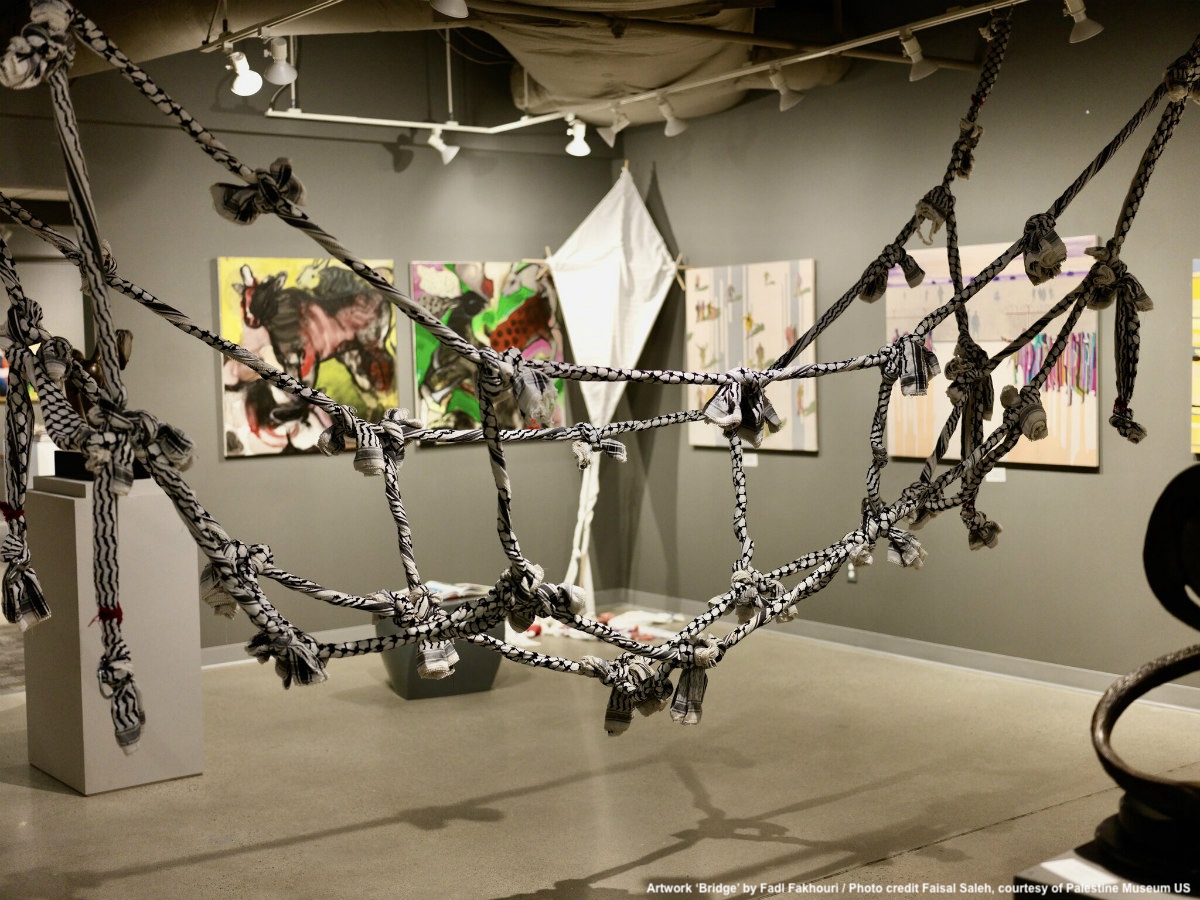Almost one year ago on a very normal weekday Mariana Wehbe arrived at the office as usual. But that routine and all around it was destroyed in just one second. The devastating explosion at the port of Beirut submerged its inhabitants in a collective trauma and left them hopeless. Much has been discussed about how cities recover from trauma, often related to an episodic disaster, but in Beirut tension of life was already embedded in a post-war city with chronic economic problems and a pandemic.
The supersonic blastwave, one of the biggest non-nuclear explosions registered in modern history, radiated through the city and took with it the lives of over 200 innocent people, left 6,000 injured or mutilated, caused damage or destroyed 80,000 homes and left 300,000 people displaced. On that day Wehbe’s office suffered massive damage and tragically she lost friends in the blast.
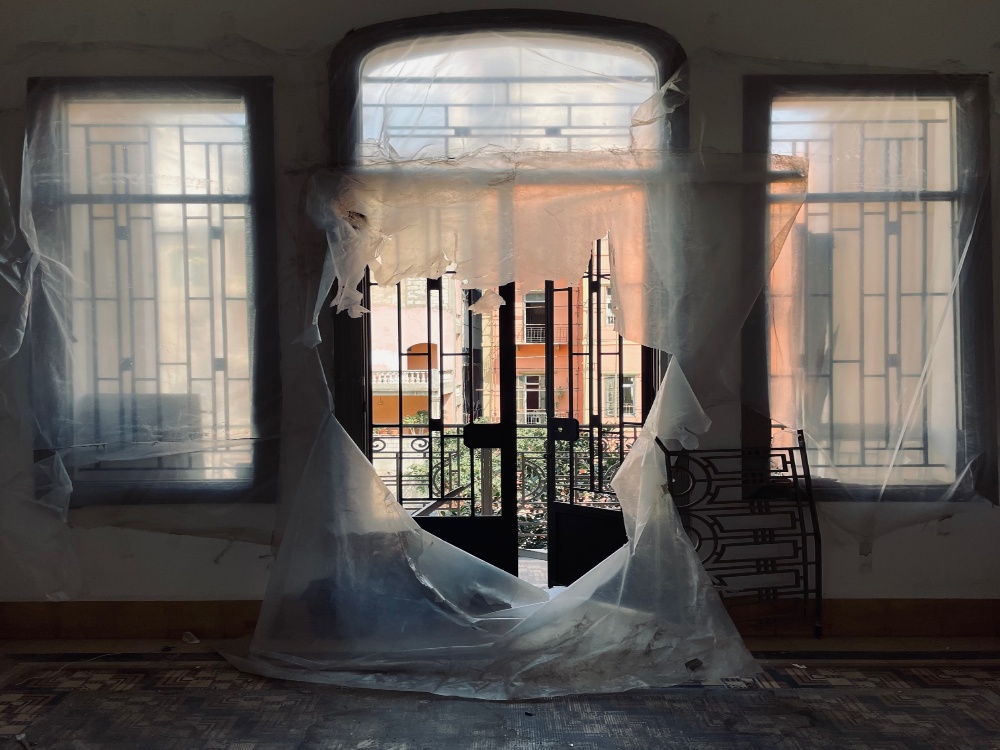
Brought up in the United States, Wehbe returned to Lebanon as a young adult and after a successful career, founded her own public relations firm in 2013 in Beirut. Due to her dedication and hard work, the firm gained contracts representing artists, creatives, interior designers and architects and produced renowned events such as Vogue Arabia’s one year anniversary that took place in Beirut.
The explosion caught people in the middle of their normal lives. But this time it was different, it all happened so quickly. Beirut was not in a time of war. In many ways, the explosion was a defining moment in the lives of Beirutis and left them, especially children, vulnerable to trauma and anxiety in the wake of a meaningless tragedy. An event of that magnitude exposed things that normally remain hidden.
I am so embarrassed to say that all was wrong. Our society was so fragile. You can’t live in a country where you have a multimillion apartment ten minutes away from absolute poverty. It just doesn’t work, explains Wehbe emotionally.
Wehbe has realized that the dynamic of Beirut’s pluralistic society wasn’t functioning. In fact, it never did. But at that moment in Beirut’s history, it was time to look over the backyard fence, and put ideologies, religion, personal lifestyles or anguish aside because much bigger issues were at play.
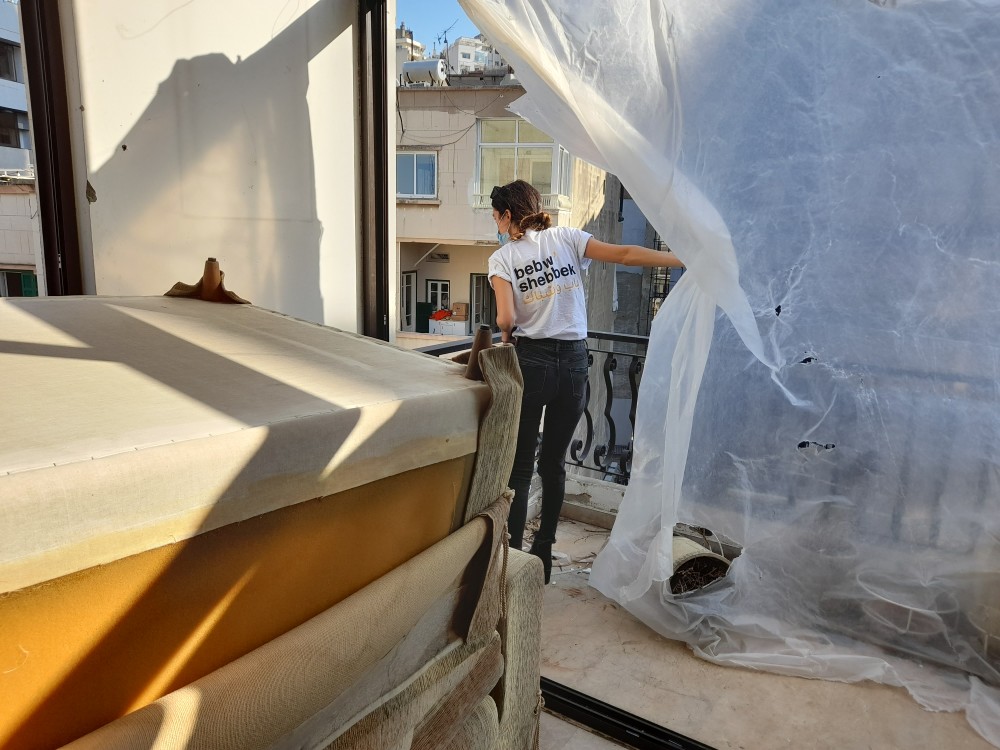
‘You could not sit back and just watch the humanitarian disaster that was unfolding around you. Beirutis needed each other so badly and we needed to get work done. As a human, you have to be on the ground and do something, especially if you have the resources,’ explains Wehbe.
Besides the huge loss of lives, the explosion had a devastating impact on the built-up areas surrounding the port, extending far inland. The home of Wehbe’s close friend and business associate, Nancy Gabriel, was also badly affected by the explosion. With the help of Wehbe’s and Gabriel’s extensive network of over 200 architects, interior designers, carpenters, contractors, glaziers and painters, they put together the initiative Bebw’shebbek to replace the doors and windows of other people’s destroyed homes.
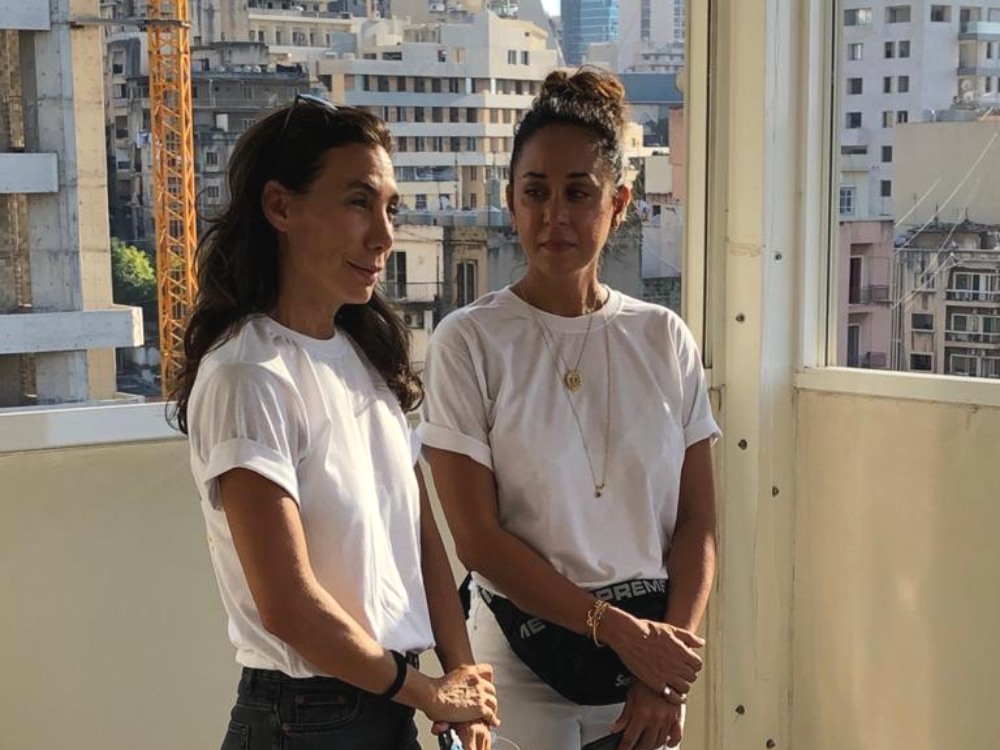
Melek El Nimr, Wehbe’s close friend and founder of United Lebanon Youth Project, lended a helping hand by taking Bebw’Shebbek under ULYP’s wing and acting as the angel NGO. This allowed Bebw’Shebbek to have the necessary framework to receive donations and operate.
While the NGOs were doing their work, explains Wehbe, we could be a lifeline for the most vulnerable victims who would otherwise be unable to afford the cost of repairing due to the rampant inflation in the country. We want to bring as many people back home as quickly and safely as possible and get them back on their feet. The explosion impacted all social classes across the capital, and especially Beirut’s middle-income families who are living the consequences of being displaced. The houses in these residential areas are inhabitable. There are no locks, no windows, nothing is left.
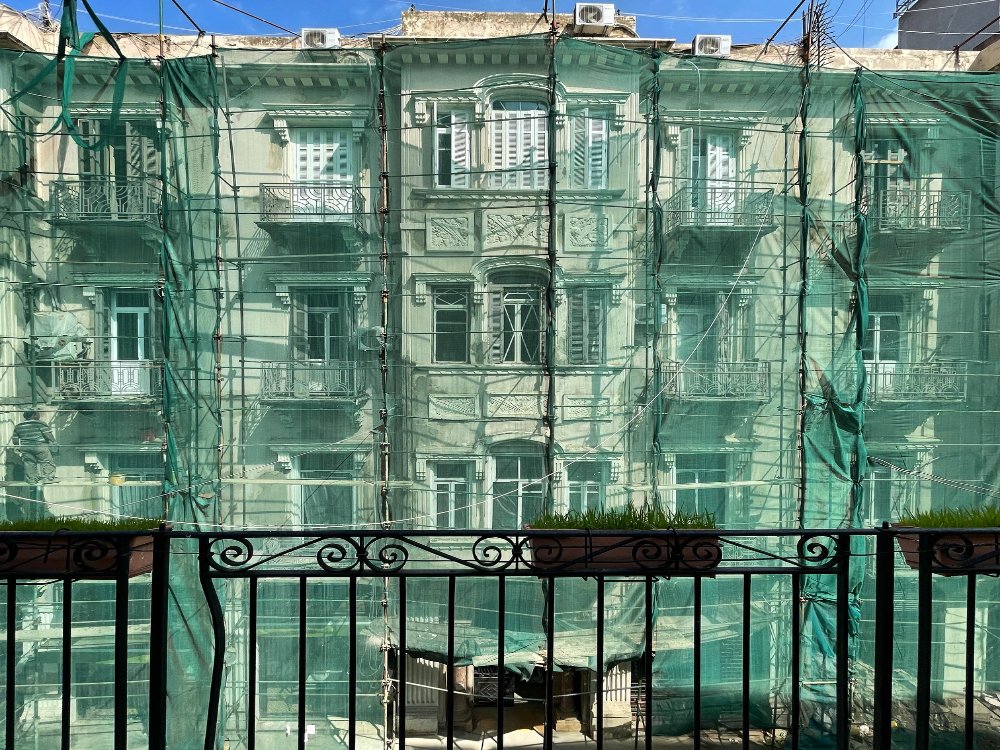
By giving meaning to the city’s facade and bringing the houses back — as closely as possible — to how they looked before the explosion, Wehbe and Gabriel have activated a healing process among all the volunteers including themselves to deal with the psychological impact of the explosion.
‘You can’t only tackle poverty. You can survive either if you have to drive around destruction every day and can’t enjoy the simple things in life. The heartbeat of our city was destroyed. We wanted to start seeing the beautiful colours of the shades, appreciate the architecture of the city again and bring the good memories back,’ claims Wehbe.
In fact, urban researches assure that investing in preservation of the built environment through participatory action can help devastated cities to recover from trauma.
That sound on the streets of removing glass was a daily reminder of the explosion harnessing our ability to heal the wounds.
Since its inception, Bebw’shebbek has successfully completed over 800 homes, belonging to the elderly and to families from all social backgrounds. Yet Bebw’shebbek has not only repaired doors and windows. They have raised shades of hope and created a space to reunite a culturally divided city through the collective action of volunteers and communities, where the government has failed or would have never been interested.
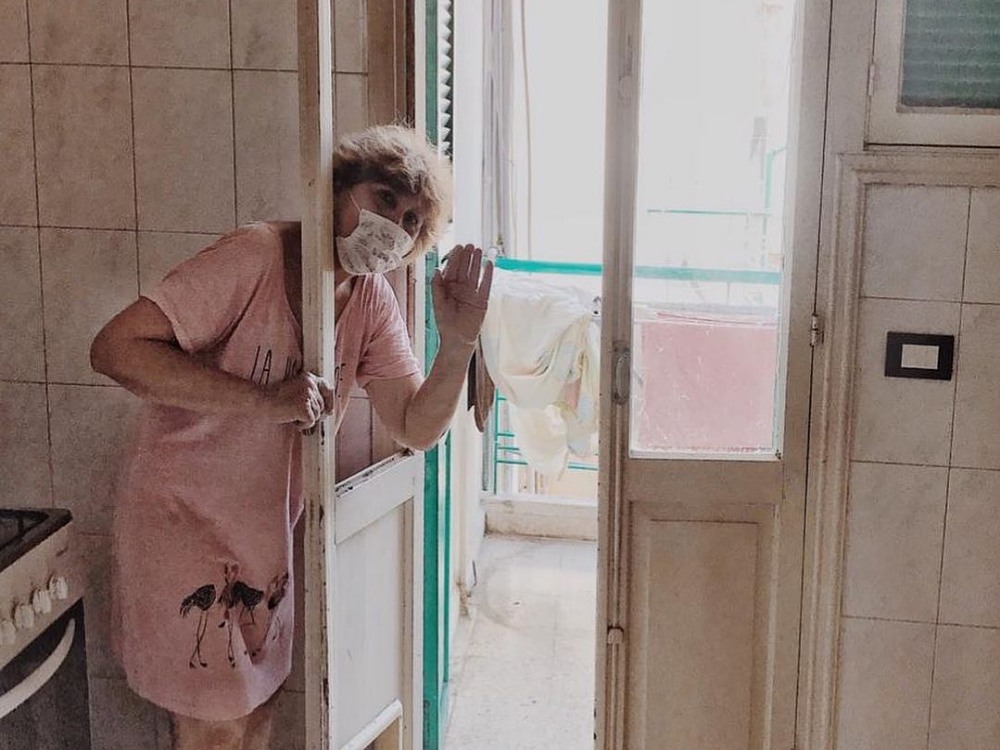
Wehbe is critical of the long-term situation and argues that the country has been relying on NGOs, not on the work of politicians, and can’t function like this forever. She experienced it first hand since she spent part of her time as an auctioneer raising funds for NGOs and private initiatives to support the community. When the explosion happened, she could rapidly get funding to put Bebw’shebbek on its feet because it was already in the DNA of the country.
In the publication Is Lebanon Becoming Another “Republic of the NGOs”? Mona Fawaz and Mona Harb of the Beirut Urban Lab agree that the delegation of the recovery to activist movements and NGOs within a discourse of sidelining the state should be cause for alarm. Partly, because that process led to the further entrenchment of communities as protected constituencies of specific political groups, as it already happened in the post-2006 war reconstruction of Lebanon’s villages and Beirut suburbs.
Yet the reconstruction and economic reshuffle of a city on the brink of collapse will come through the public participation of civic society and state institutions to slowly reconcile the city’s disparate groups and define a collective memory from the day of the explosion.
But the cohesion and empowerment of civic society comes at a price, which not all states are willing to accept. Lina Mounzer wrote last week the article On Lebanese ‘apathy’ that people managed, despite all, to come together in a fierce explosion of will. They immediately began trying to collectively imagine a different kind of country, one where we could rebuild the connections, the unions, the civil society — again, all deliberately sabotaged — that might make us into true citizens, into people who felt a sense of civic responsibility toward one another not mediated by sect or established party or class.
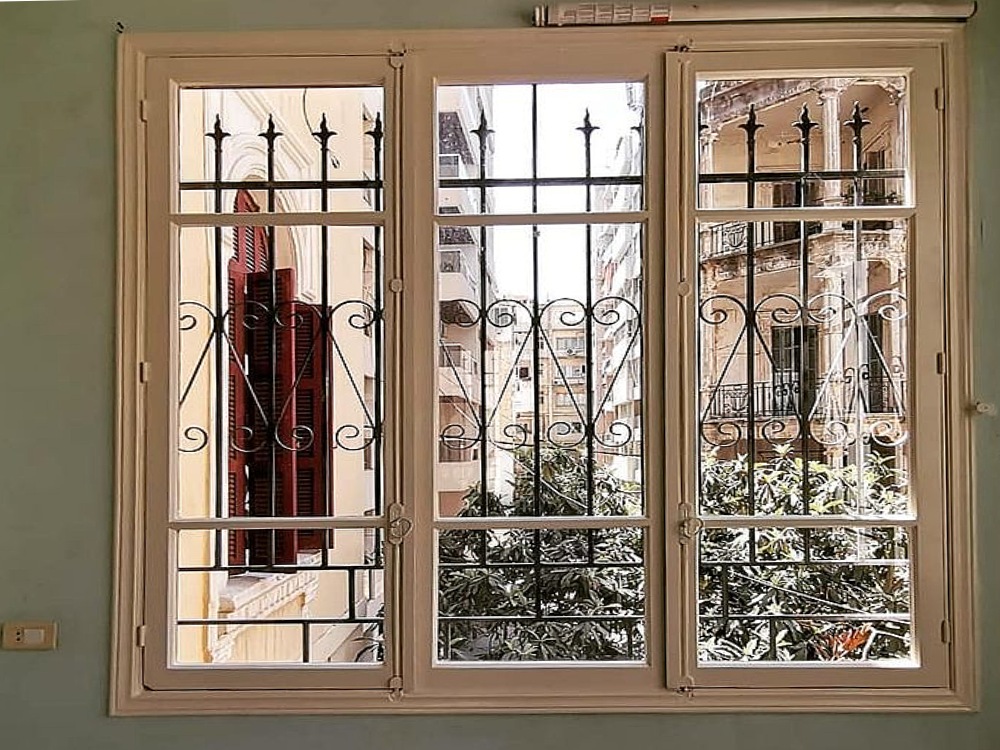
Two weeks before the explosion on the 4th August I published an article on the food crisis in Beirut and how a group of guerrilla gardeners saw an opportunity to grow their own food to deal with hunger. Shared agriculture practices reinforced social bonds through cross-cultural interactions and urban gardening built trust among citizens.
But most Beirutis have lost trust in the government, unfortunately without reversal. Almost one year on from the blast, the Lebanese investigation has failed to deliver answers, let alone justice, says Sarah Copland, a former resident in Beirut from Australia who was working on gender equality as a UN officer at the time.
Nowadays, she is working with Legal Action Worldwide and Human Rights Watch to call for a UN Human Rights Council independent fact finding mission into the blast. It’s been almost a year and there are still no answers as to what caused three thousand tonnes of ammonium nitrate to explode and why such a hazardous material happened to be so close to residential areas.
On that same evening, Sarah Copland was sitting with her little boy having dinner and singing nursery rhymes when the explosion crashed all those doors and windows. She lost her son and has been trying to cope with the grief: ‘No matter what else I do, no matter what I achieve, I will always be the woman whose two year old son died in the Beirut explosion. A part of me died with Isaac and a new Sarah stands in her place’.
In the same way the explosion in 2020 has defined all Beirutis who lost family or friends, homes, and the survivors that will bear the scars of what they have witnessed for a long time. Maybe they also come to realize the fact that they need a true new start to allow themselves to recover from trauma, as post-disaster cities strive to do.
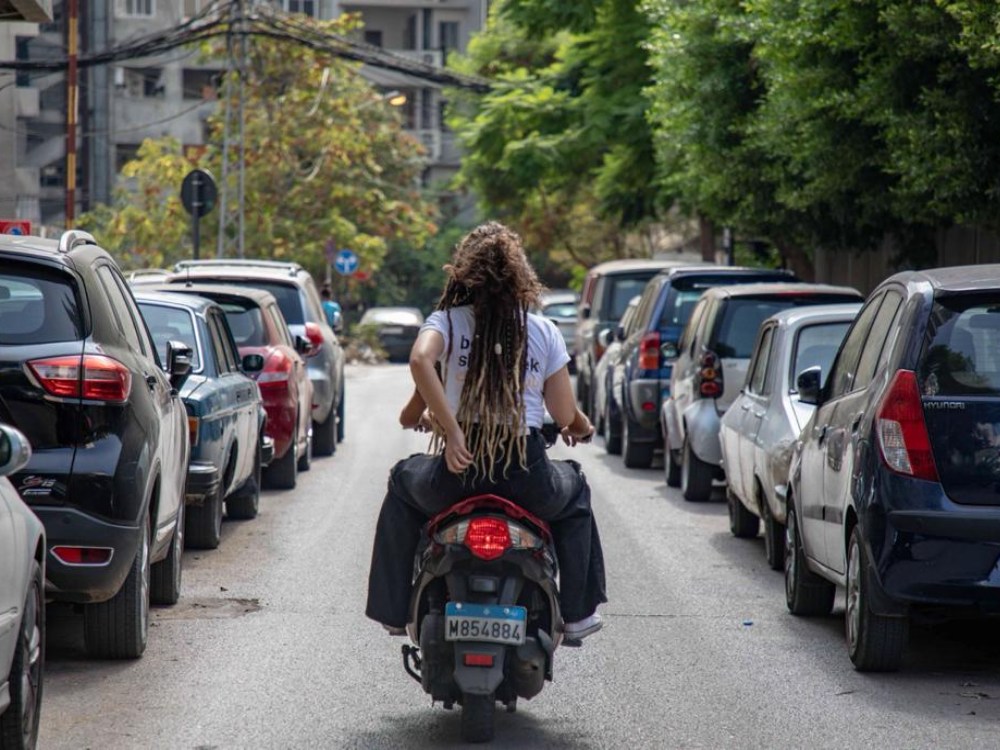
Wehbe might leave for Dubai soon to start a new life. She will leave behind not only some smiles on the faces of the ones who could get back home, but also a strong message to Beirutis. Not only dreamers but doers can change Beirut by engaging each other in doing something in a positive way. We were brought up with fear and political parties, claims Wehbe. The youth and their defining collective actions beyond any sectarian system are the best hope for Beirut.
